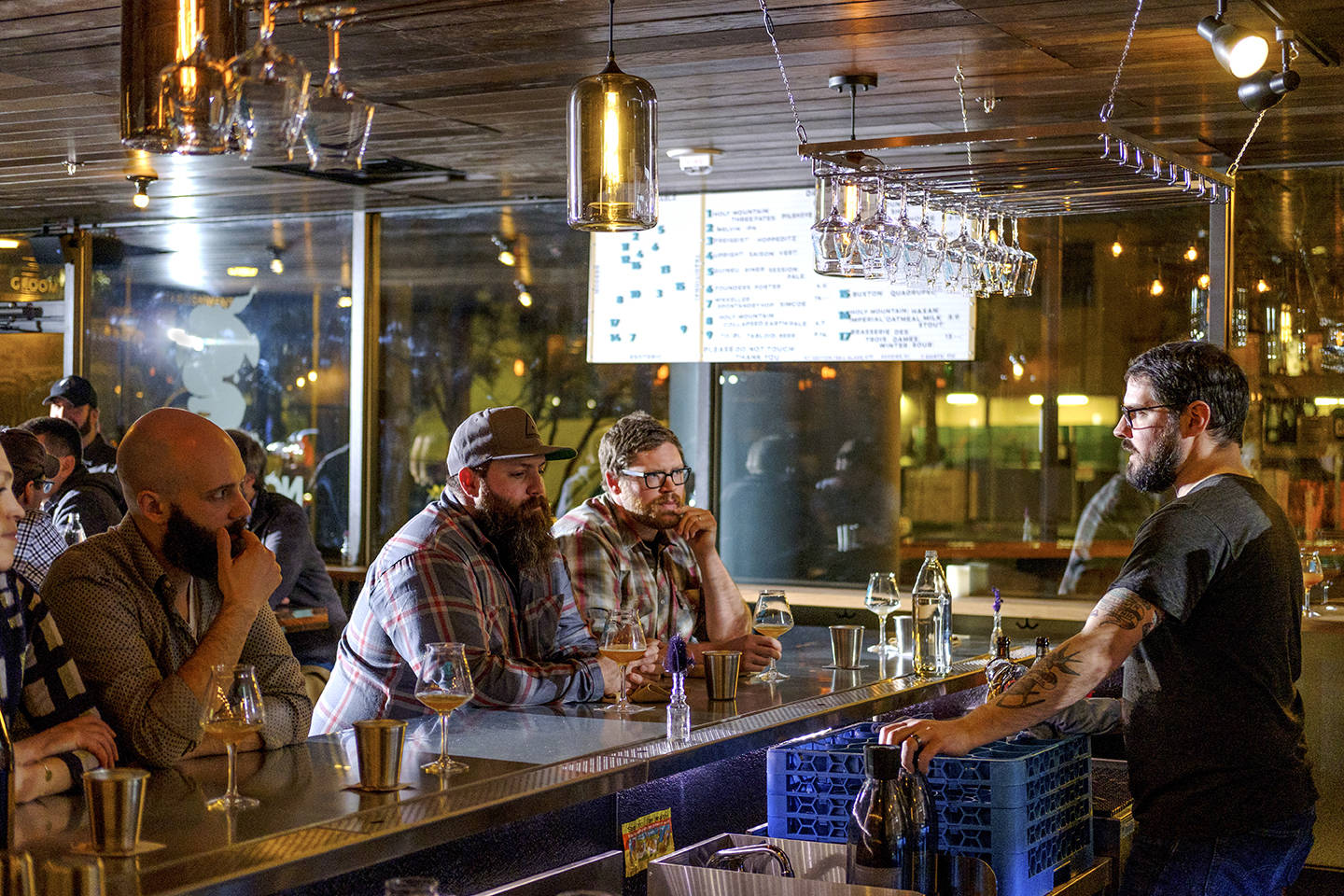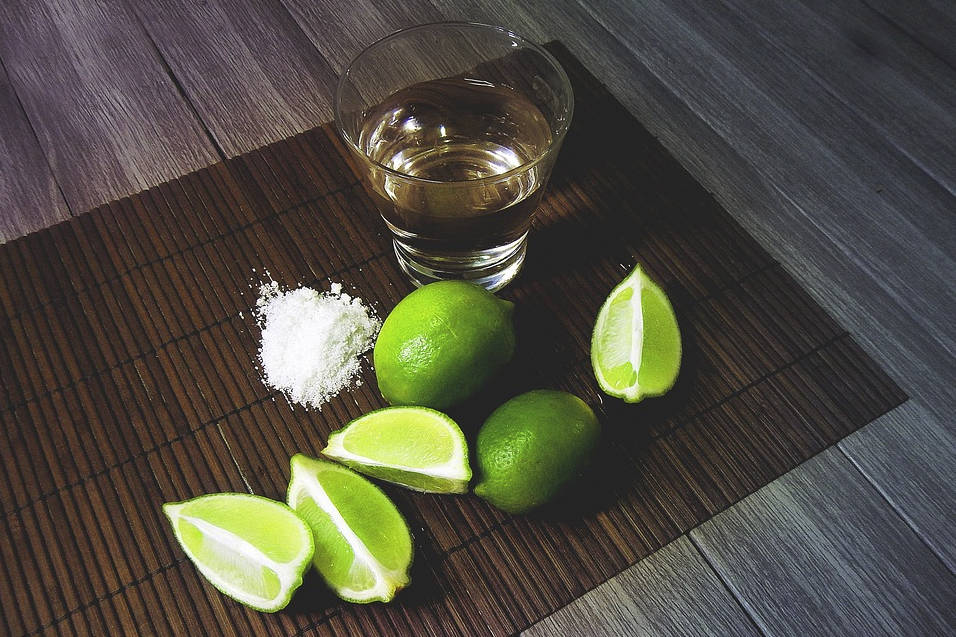I’ll be up-front with you right now: I deeply loathe the term “selling out.” It bugged me when my high-school friends used it to talk about bands, and it still bugs me when talking about the spate of recent transactions involving Washington properties and large national or multinational corporations. This is probably an incomplete list, but we’ve seen Two Beers/Seattle Cider sell to a French cooperative, Westland Distillery sell to Remy Cointreau, Charles Smith sell five of his core brands to Constellation, and, most recently, the famed Klipsun Vineyard in Red Mountain sold to Terlato Wines.
It would be easy to accuse all these local companies of selling out, and, unsurprisingly, some people have. Yet in each case it’s hard for me to work up much outrage, and in several cases I actually think the sales will benefit those of us who want to support local businesses. A healthy local industry will be one that has producers in a wide range of sizes and scales, not infinite iterations on micro-operations.
It’s a cold, hard fact that there are only so many drinkers and dollars here, even if both numbers seem to grow daily. Every winery, craft distillery, and brewery that opens is competing for a slice of that pie, and there’s just not much left when you slice it 1,500 ways or so. For any business that aspires to grow, that eventually means selling your products outside of Seattle, Washington, and the Northwest, and that’s where the challenges start. After all, when you can rely on the “local” tag, you have a leg up on your nonlocal competitors, but when you enter the national (or global) market, that advantage goes out the window. Beyond that, finding local distribution is relatively simple, but getting your product into most or all states, let alone other countries, raises many more challenges. So working with a large distribution company becomes almost unavoidable if that’s your goal.
Now I suppose this is where I differ from some, who would like to see many of the great producers here in Washington remain small, local, and obscure. While of course I understand that impulse, and am sympathetic to concerns that growth will lead to a drop in quality, I don’t think it’s anything like inevitable. I’ve tasted too many fantastic wines, beers, and spirits that are made for a global market to think that any of these sales will ruin what we love about our local producers.
So let’s grow up a bit, and let our winemakers, brewers, and distillers do so as well. Carrying that banner forward for Seattle in the global marketplace shouldn’t be seen as a betrayal, but as a validation for the incredible products our beverage industry produces.
barcode@seattleweekly.com








